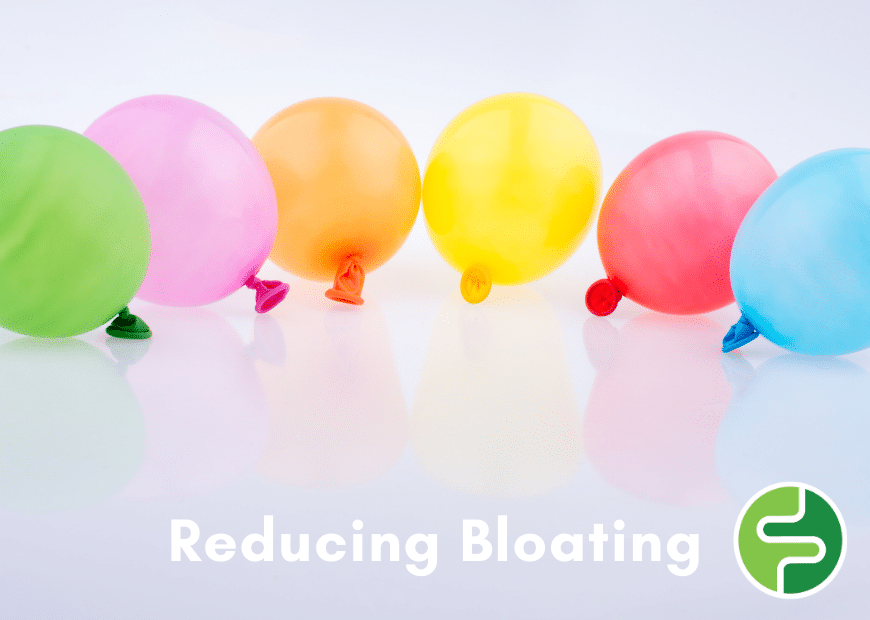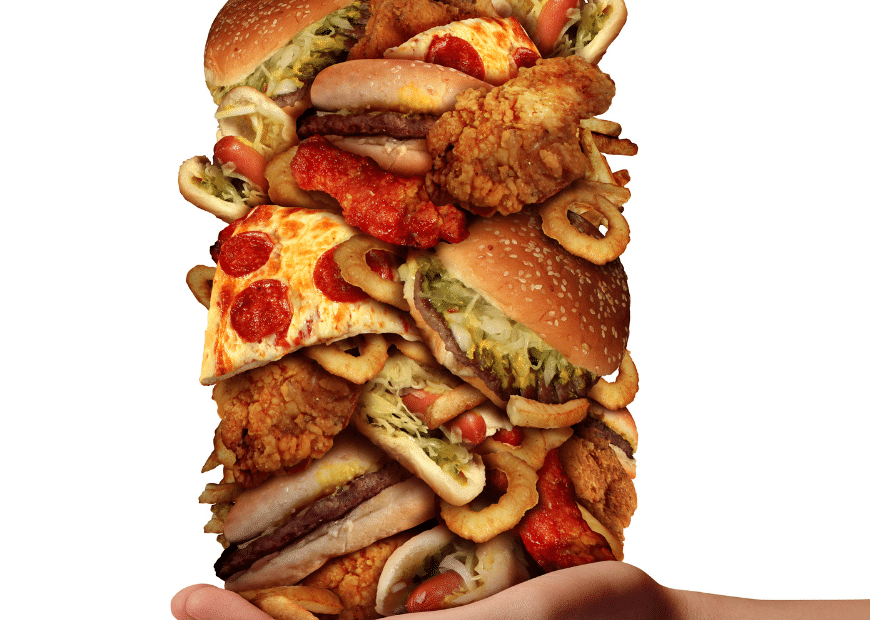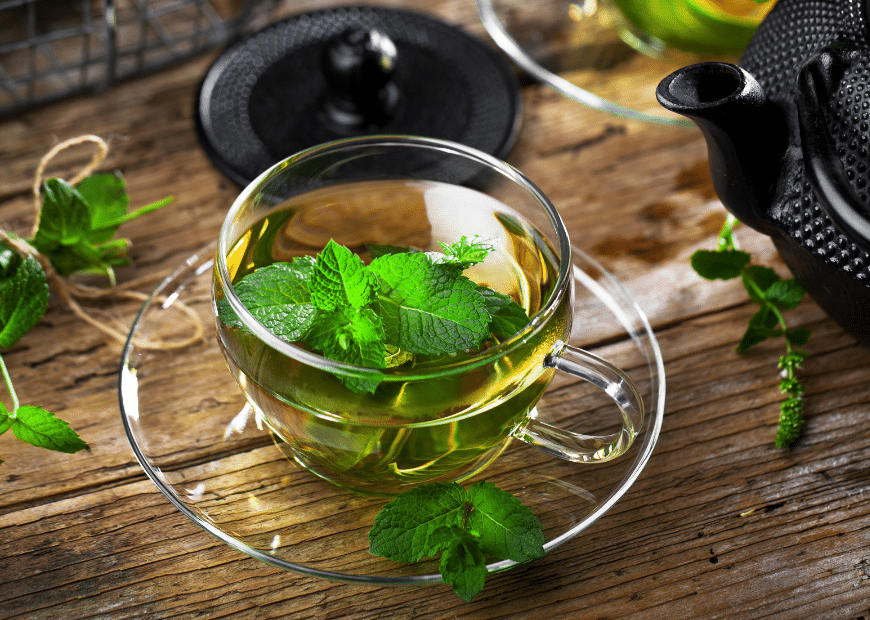What Causes Bloating and How to Reduce it
Posted on January 27, 2021
There are many possible causes of abdominal bloating, including fluid retention, irritable bowel syndrome, SIBO, hormonal changes, infection and in very rare cases cancer. However, for most people, the cause of bloating is harmless, and it can usually be cleared up by making some simple changes to your diet and lifestyle, although not always. Bloating is common, with 1 in 3 people experiencing bloating. Your digestive system should be running like a well-oiled machine performing its task in the background, being overly-bloated often is a sign that something may not be right.
What are the symptoms?
You may feel excessively full after a meal, pain in the stomach, extended belly, excess gas, burping, diarrhoea and/or constipation. A combinations of these is common.
The foods that can cause bloating
Some foods can be more aggravating than others but some common culprits are listed below. These foods are not always unhealthy, on the contrary, they are foods that are great for feeding the good bacteria in your gut. However, you may wish to minimise these foods while treating the gut, and then re-introduce them slowly once your gut is functioning better. An idea is to read through the list and start paying attention to how these foods make you feel, write it down after every meal for 7-10 days and you might start seeing a pattern.
- Lactose
Found in dairy products and lactose intolerance is associated with bloating and excessive gas.
- Legumes
Baked beans, chickpeas, lentils, red kidney beans due to them containing galacto-oligosaccharides – GOS, a FODMAP carbohydrate
- Onions, garlic
Also spring onion (white parts), mushrooms, and cauliflower are also high in FODMAPs
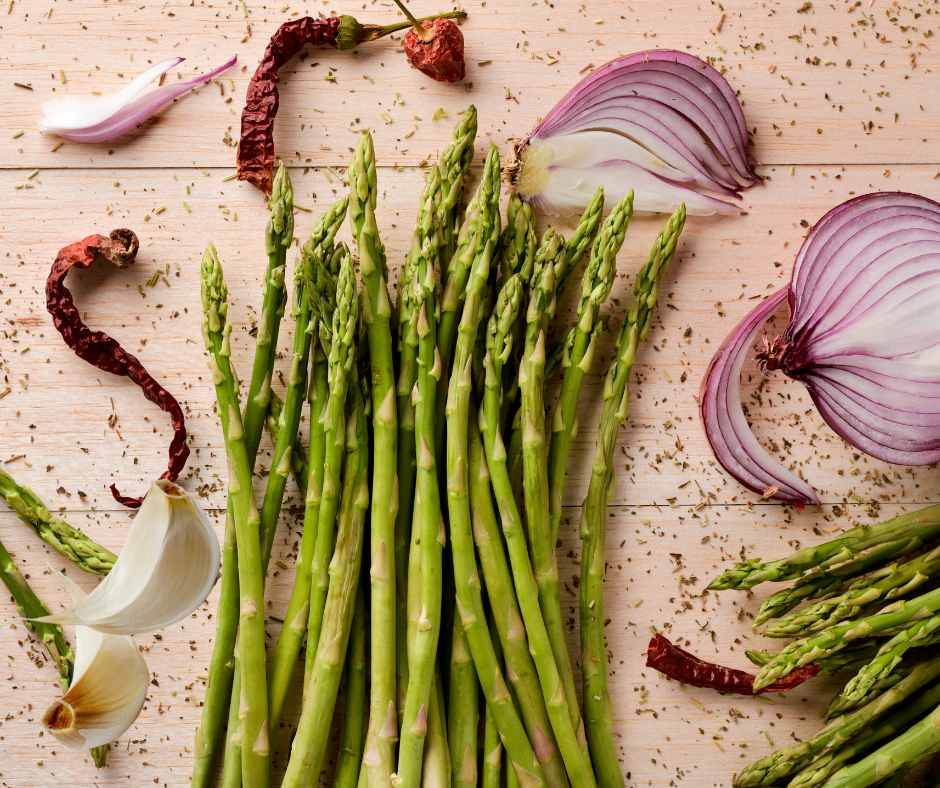
- Sugar alcohols
Sweeteners in chewing gum (aspartame, sorbitol, mannitol and xylitol) and also found naturally in foods such as plums and prunes.
- Apples, pears or sugary treats
Can have excess fructose
- Sugary foods
Can cause candida overgrowth and promote inflammation
- Fatty foods
Can affect gut motility and may trigger symptoms
- Carbonated drinks
Can lead to bloating
- Overeating
Simply eating extra large meals can lead to bloating and pain.
The best foods for bloating
Becoming more aware of how well your digestive system is working and how you react to certain foods is half the effort. Limiting the worst offenders may give you relief and long-term recovery may be achieved by healing the gut lining, while also feeding the good gut bacteria to create a healthy gut microbiome.
Feeding the good bacteria
Eating a high fibre diet is important to make sure you go to the toilet regularly as well as acting as food for the good bacteria in your gut. Probiotics are helpful in establishing a healthy gut microbiome. Unfortunately, many of the healthy foods that contain prebiotics and probiotics can cause bloating in sensitive individuals. Low FODMAP prebiotic and probiotic supplements may help you, without the bloating.
De-bloating
Certain herbs or vegetables are really useful for reducing the distention and pain associated with bloating:
- Ginger
- Peppermint
- Caraway seeds
Minimise over-snacking and over-eating
Giving your digestive system a break between meals may help the gut lining to heal and can reduce bloating overall. Smaller, more frequent meals may assist as opposed to large meals.
Collagen and glutamine
Collagen and glutamine may help heal the gut lining. A home-made low FODMAP bone broth may assist or a supplement containing collagen and glutamine may also help heal the gut lining and improve the immune system.
Aim not to stress-eat
Stress affects proper digestion of food due to the close connection between the gut and the brain (gut-brain connection). Practice mindful eating; chew your foods thoroughly and slow down your eating – these tips may help improve digestion and absorption of nutrients.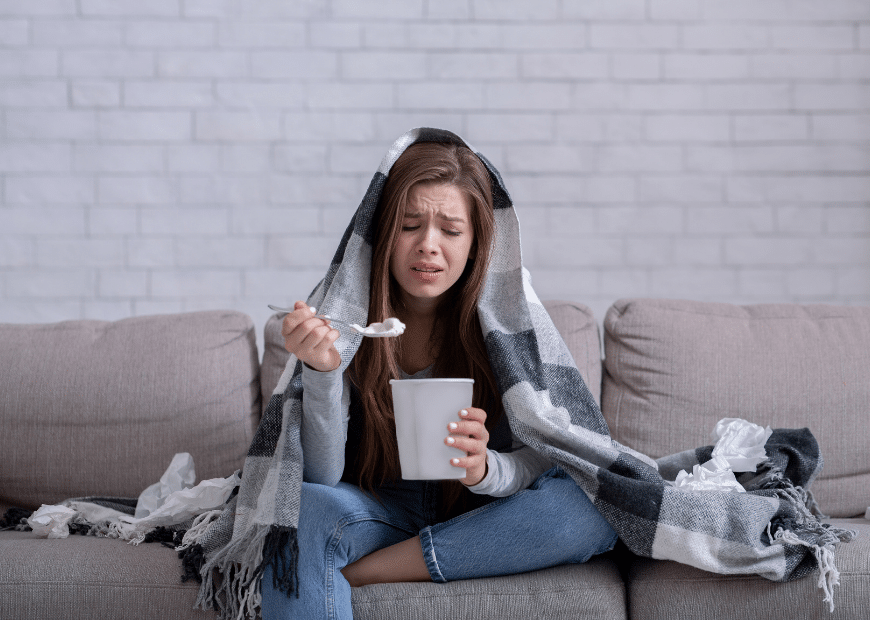
Reduce bloating long term
Looking after your gut is the foundation of good health. If you are experiencing bloating often and intensely, take this as a sign that something may not be right. Healing the gut lining and feeding the good bacteria in your gut, while simultaneously being mindful of the foods that trigger your symptoms may assist you on a longer term basis. The initial phase of the low FODMAP diet is not a forever diet and a FODMAP-trained Dietitian should be involved to support you. Most people achieve a positive outcome after the initial phase of the low FODMAP diet while also treating their gut.
What are some FODMAP Friendly products to support the gut?
FEED is The Gut Co’s naturopathically formulated bled of prebiotics and probiotics. The prebiotics are in the exact dosages that have been clinically proven to have a positive effect on the microbiome. FEED also contains probiotics for a healthy digestion and immune system.
REPAIR is a complete, naturopathically formulated super powder of Kakadu plum, Astaxanthin, Maqui berry, Dunaliella salina and ‘skin vitamins’ designed to aid in skin health and strengthen your hair and nails. The collagen, Aloe vera and glutamine aid in strengthening the gut lining which contains 70% of the immune system. Pectin and pomegranate husk may help manage the good and bad bacteria in your gut. You can buy from The Gut Co online www.thegutco.com.au, and be sure to follow them on Instagram @thegut.co and Facebook @TheGutco.
FEED and REPAIR are FODMAP Friendly certified, giving you peace of mind to shop and eat with confidence.
Written by: Pernille Jensen (Naturopath, Clinical Nutritionist)
Reviewed by: Kiarra Martindale (Accredited Practising Dietitian)
